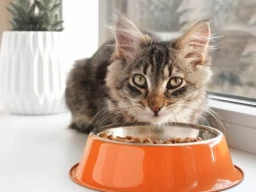
Veterinarian prescribed cat food, why?
Veterinarian-prescribed cat food, often referred to as prescription or therapeutic diets, serves specific nutritional purposes and is recommended for cats with various health conditions.
Read more
What to feed my Horse and Pony
It is important to consult with a veterinarian or equine nutritionist to determine the most appropriate feed and grain options for your individual horse or pony based on their age, breed, weight, and activity level.
Read more
Pet Stores
When purchasing a pet it is important to make sure that the pet store you choose to use is one you feel confident and comfortable with.
Read more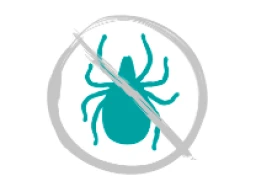
Treating our pets for ticks, fleas and worms
The best medication for your pet will depend on their specific needs and health condition, so it's important to consult with your veterinarian to determine the best option for your pet.
Read more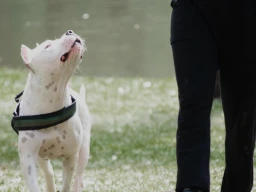
Why do you need an animal behaviourist and how do you go about finding the correct one.
Remember that animal behaviorists often work in collaboration with veterinarians to ensure a holistic approach to your pet's well-being.
Read more
Walking my cat on a leash
Remember, not all cats will enjoy walking on a leash, and it's important to respect your cat's comfort level.
Read more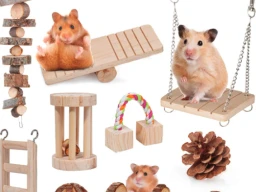
Treats and Activities for my Guinea Pig
Guinea pigs enjoy a variety of treats, but it's important to remember that treats should be given in moderation and as part of a balanced diet.
Read more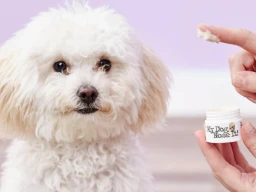
Sunblock for your dog?
Yes, it is true that some dogs may benefit from the application of sunblock, especially those with light-colored fur, thin or short coats, and exposed skin.
Read more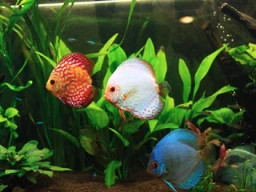
Pet Fish
While fish are fairly low maintenance, you do need to ensure that you take the time to keep the tank and water in good condition
Read more
Where to train your Puppy Home or Away
One of the major benefits of home training is that it is private so you and your trainer can focus on the things you particularly want your puppy to focus on
Read more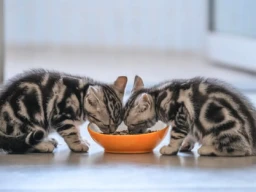
What to feed your kitten and why
Feeding your kittens a well-balanced and appropriate diet is crucial for their growth and development.
Read more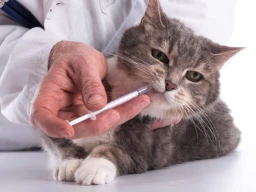
Help I need to medicate my cat!
Giving a cat medication, especially in the form of a pill or liquid from a syringe, can be challenging
Read more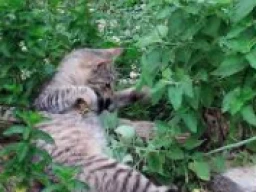
Catnip
It's recommended to offer catnip sparingly, typically a few times per week, to prevent habituation and maintain its effectiveness as a stimulant.
Read more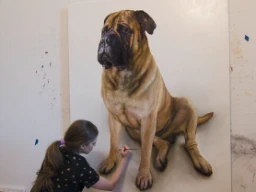
Preserving Memories: The Magic of Pet Portraits
Pet portraits are more than just paintings; they're tributes to the special bond we share with our pets
Read more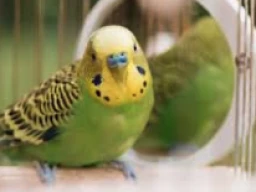
INDOOR BIRDS
Purchasing the correct indoor bird cages & aviaries along with the appropriate toys and food will help to ensure that your pet bird becomes a family member
Read more
Prosthetics and Braces for Pets
The process of getting a prosthetic or brace for your pet typically involves working with a veterinarian who specializes in orthotics and prosthetics or a veterinary rehabilitation specialist.
Read more
Delightful Delicacies: A Guide to Puppy Treats and Milk
Opt for treats that are small in size and easy to chew, especially for younger puppies with developing teeth and jaws.
Read more
Buying Gerbils and all that is involved
By providing a suitable cage, a balanced diet, regular veterinary care, and opportunities for mental and physical stimulation, you'll be on your way to ensuring a happy and healthy life for your gerbils.
Read more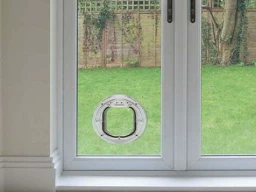
Cat Doors vs Dog Doors
Some modern pet doors come with electronic features, allowing them to open only for pets wearing a specific RFID collar or microchip
Read more
Puppy Training and Socialization
Remember puppy treats and dog treats should always be carried with you to reward your puppy when he behaves correctly.
Read more